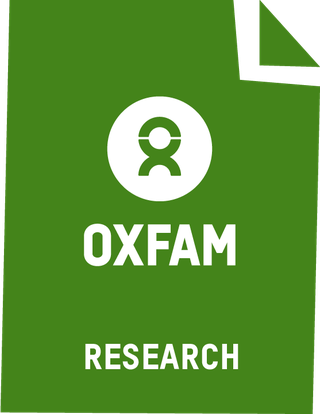
Gender-Responsive Budgeting in Tanzania
The Constitution and laws of the United Republic of Tanzania require the use of gender-responsive budgeting (GRB) to promote gender-balanced and integrated national economic plans. It is at the village level where community budget needs are identified, though women’s needs are often marginalized. Although women are best at articulating their needs, their voices are seldom raised owing to limited representation. Government budgets typically sideline the needs of small-scale female farmers for access to land, markets, credit, and extension services, especially compared with male farmers. Instead, budgets designed to address general farmers’ needs, such as markets and loans for inputs and storage for surplus harvests, are directed primarily to farmers who grow strategic crops, who are mainly men.
Tanzania provides for a separate budget facility for women and youth, and although most interviewees from the grassroots and the government consider this as evidence of a gender budget, it reflects a limited knowledge of GRB. Some projects supported by nongovernmental organizations and civil society organizations reflect women’s and men’s diverse needs, a feature that government budgeting should emulate.
Communities need to be empowered to challenge constraints to their participation in decision making on budgets related to their priority needs. Citizens must be involved in all phases of the budget process and cycle. Government officials and institutions must be provided with adequate GRB knowledge and skills so they can use available democratic systems and structures to empower communities to engage in GRB.